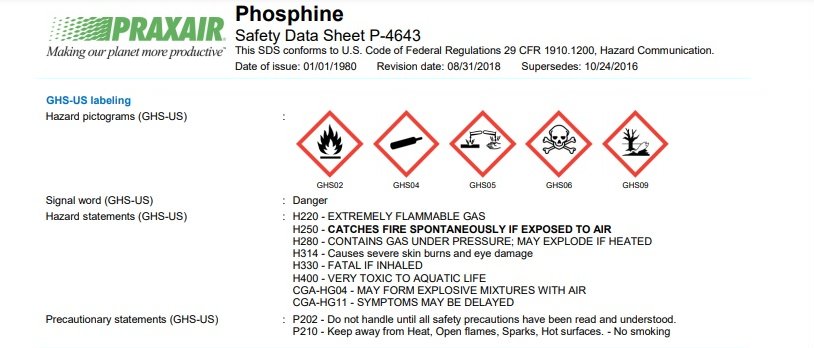- Oct 17, 2011
- 33,160
- 36,480
- Country
- United States
- Faith
- Atheist
- Marital Status
- Legal Union (Other)
LINK
An international team of astronomers, led by Professor Jane Greaves of Cardiff University, today announced the discovery of a rare molecule – phosphine – in the clouds of Venus. On Earth, this gas is only made industrially, or by microbes that thrive in oxygen-free environments.
Astronomers have speculated for decades that high clouds on Venus could offer a home for microbes – floating free of the scorching surface, but still needing to tolerate very high acidity. The detection of phosphine molecules, which consist of hydrogen and phosphorus, could point to this extra-terrestrial ‘aerial’ life. The new discovery is described in a paper in Nature Astronomy.
Massachusetts Institute of Technology scientist Dr William Bains led the work on assessing natural ways to make phosphine. Some ideas included sunlight, minerals blown upwards from the surface, volcanoes, or lightning, but none of these could make anywhere near enough of it. Natural sources were found to make at most one ten thousandth of the amount of phosphine that the telescopes saw.
No doubt many different experts will kick the tires on this, but the basic result seems sound [ETA: apparently it wasn't] while attributing it to life on Venus is a larger stretch that will likely require some kind of independent verification for it to really catch on.
An international team of astronomers, led by Professor Jane Greaves of Cardiff University, today announced the discovery of a rare molecule – phosphine – in the clouds of Venus. On Earth, this gas is only made industrially, or by microbes that thrive in oxygen-free environments.
Astronomers have speculated for decades that high clouds on Venus could offer a home for microbes – floating free of the scorching surface, but still needing to tolerate very high acidity. The detection of phosphine molecules, which consist of hydrogen and phosphorus, could point to this extra-terrestrial ‘aerial’ life. The new discovery is described in a paper in Nature Astronomy.
Massachusetts Institute of Technology scientist Dr William Bains led the work on assessing natural ways to make phosphine. Some ideas included sunlight, minerals blown upwards from the surface, volcanoes, or lightning, but none of these could make anywhere near enough of it. Natural sources were found to make at most one ten thousandth of the amount of phosphine that the telescopes saw.
No doubt many different experts will kick the tires on this, but the basic result seems sound [ETA: apparently it wasn't] while attributing it to life on Venus is a larger stretch that will likely require some kind of independent verification for it to really catch on.
Last edited:

